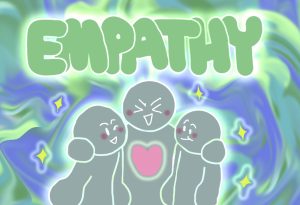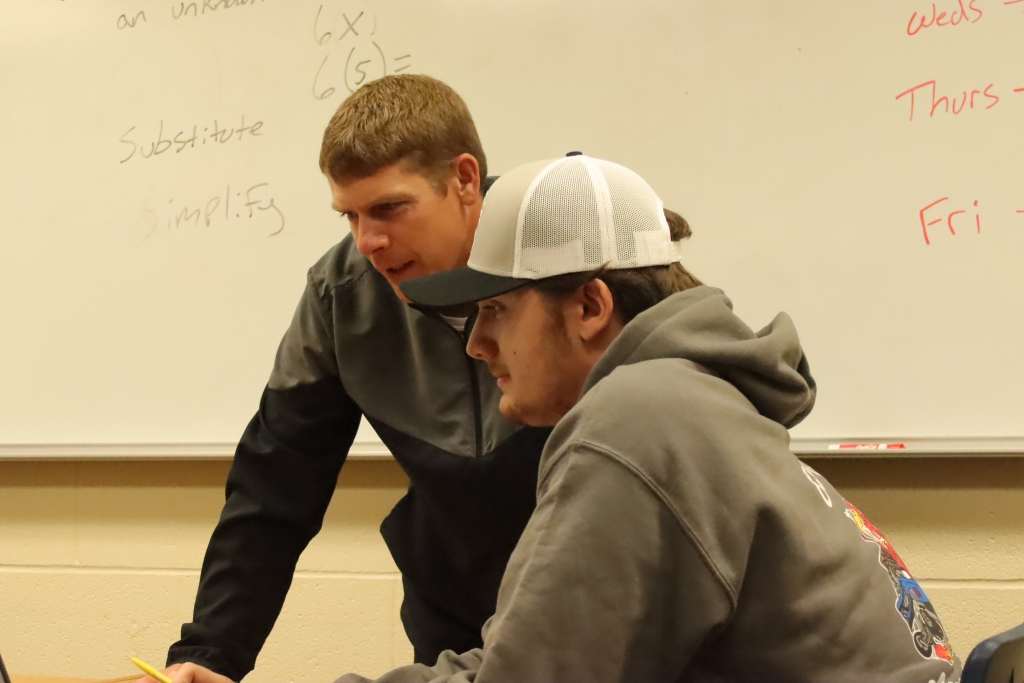Student Habits
STORY BY DEVON REZCEK »
How would you define a habit?
According to Merriam-Webster
dictionary, a habit is an acquired
mode of behavior that is nearly or
completely involuntary.
“You don’t really think about
it, it’s like an instinct, it naturally
happens,” Senior Dalton Hibner
said.
It takes about 21 days to form a
habit, according to plastic surgeon
Maxwell Maltz who did his studies
on his patients and himself in the
1950’s. Dr. Maltz wrote “It requires
a minimum of about 21 days for an
old mental image to dissolve and a
new one to gel.” In the end, it varies
on the behavior, the person, and the
circumstances.
For example, students with
ADHD tend to form a habits of
jittering their legs or tapping feet/
fingers. A common habit for most
people is the tendency of bouncing
one leg, caused by either anxiety,
nervousness, energy, or for com-
pletely unknown reasons. Another
one that is highly common, is
cracking joints; your knuckles,
shoulder or neck.
Wrigley Heide gave one of the
common reasons why people do
this. “I started doing it when I was
young and never stopped, it’s fun
and makes a cool noise,” Heide
said.
Scott Keltner has a few an-
noyances/pet peeves relating to
sounds. He wishes that students
would break away
from using the
word “like”.
“I believe
people have more
going on a lot in
their head than
what comes out
of their mouth,”
Keltner said.
Every habit we perform and act
out, affects our brains and others,
triggering either good or bad sensa-
tions and memories. How a person
forms a habit and how a person
finds a habit either good, bad, an-
noying, or disgusting is ultimately
up to them.







